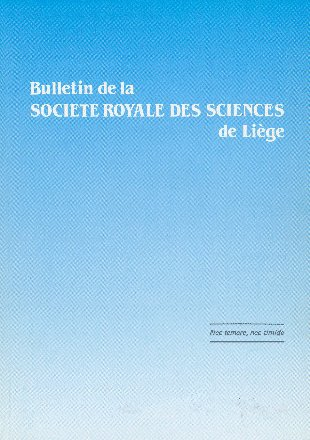- Startpagina tijdschrift
- Volume 74 - Année 2005
- Numéros 1-2- 3
- Exoplanet science from the high Antarctic plateau
Weergave(s): 395 (0 ULiège)
Download(s): 175 (0 ULiège)
Exoplanet science from the high Antarctic plateau
Technology roadmap for future interferometric facilities, Proceedings of the European Interferometry Initiative Workshop organized in the context of the 2005 Join European and National Astronomy Meeting "Distant Worlds", 6 - 8 July 2005, Liège University, Institute of Astrophysics, Edited by J. Surdej, D. Caro, and A. Detal

Documenten bij dit artikel
Bijlagen
Abstract
The Concordia station on the high Antarctic plateau has recently been realized to be the best known ground-based site for infrared interferometry, due to a combination of cold temperatures, dry air, and an atmospheric turbulence more benign than anywhere else. The maximum gains are obtained in the K and L photometric bands, and enable scientific programs (e.g., exploration of the habitable zone) otherwise only accessible from space. In the shorter term, even a simplified interferometer has potential for unique exoplanetary science.
Om dit artikel te citeren:
Over : V. Coudé du Foresto
LESIA, Observatoire de Paris, Meudon, Franc






